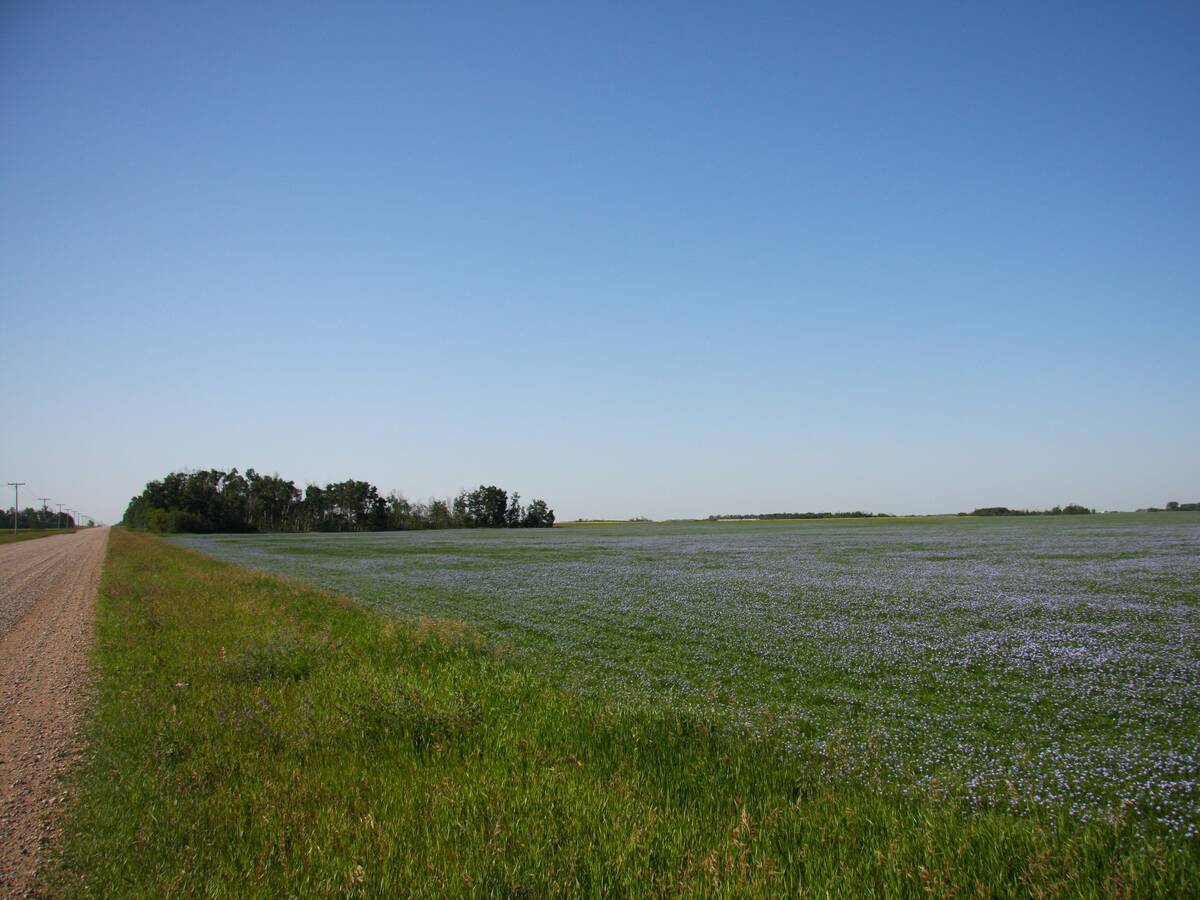LACOMBE, Alta. – Vegetable oil best suited for human nutrition may also be the best selection for good grade biodiesel.
Scientists at Agriculture Canada’s research centre in Lacombe are using federal and provincial funding to experiment with oilseed varieties in an attempt to find the right kind for efficient biodiesel production.
“Most of the oil parameters that (are) good for biodiesel contribute to good human nutrition,” Alberta Agriculture oilseed specialist Murray Hartman told a recent field day in Lacombe.
The low saturated fat in canola oil that helps unclog arteries may also contribute to good winter properties so the fuel pours well and doesn’t become cloudy.
Read Also

Farmland advisory committee created in Saskatchewan
The Saskatchewan government has created the Farm Land Ownership Advisory Committee to address farmer concerns and gain feedback about the issues.
Polyunsaturated fat containing omega 6 and 3 fatty acids also keep fuel from becoming cloudy, although there could be problems with oxidative stability if the levels are too high.
High yields
Neil Harker of Agriculture Canada said oilseed producers, whether they are growing for food or fuel, want high yielding varieties that produce more oil per acre.
Canadian farmers grew 12 million tonnes of canola in 2008, but 15 million tonnes are needed by 2015 to meet government requirements for biofuel blends.
This year will be a disappointment because of a cold, dry spring followed by an iffy summer that is expected to see declining yields. Frost is also a concern because of the delayed growing period.
To meet the 15 million tonne target, canola must be grown in new areas and in tighter rotations, but that could mean an added risk of diseases such as blackleg, sclerotinia and black spot as well as more insects and weeds.
However, Harker said canola may not have to be high quality to burn as fuel.
“If we use that for biodiesel and it creates a market for growers, we don’t really need premium canola for good biodiesel,” he said.















